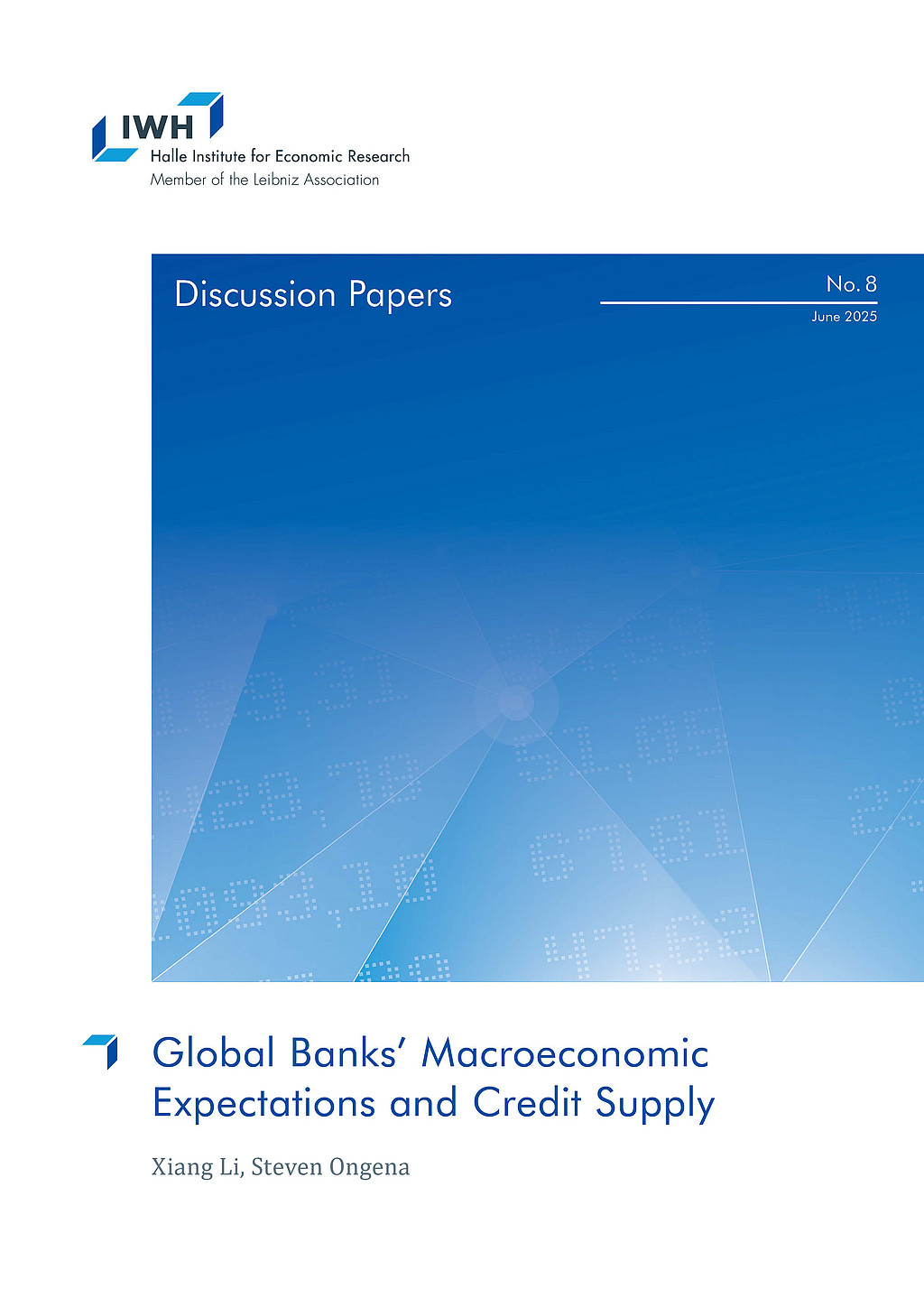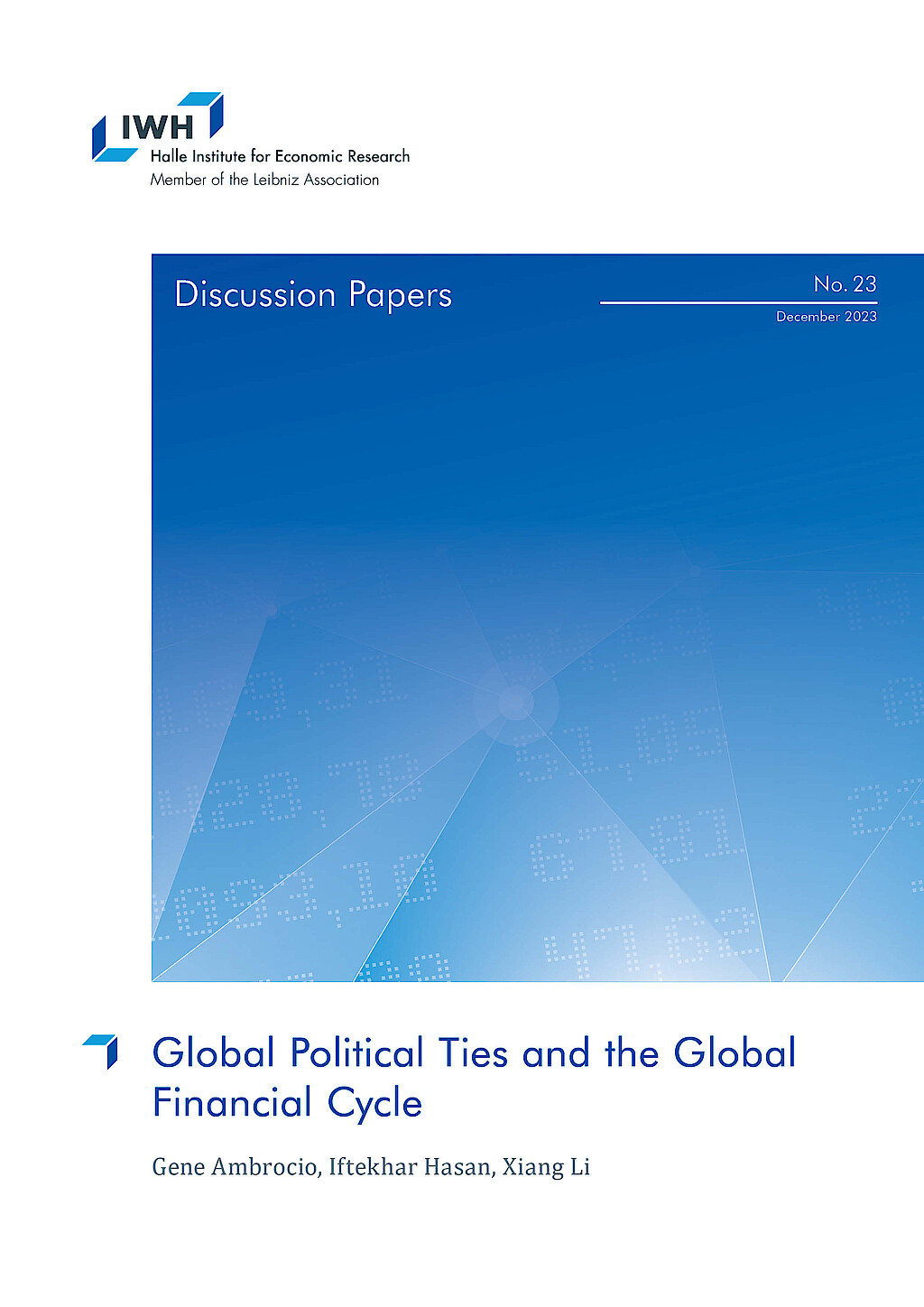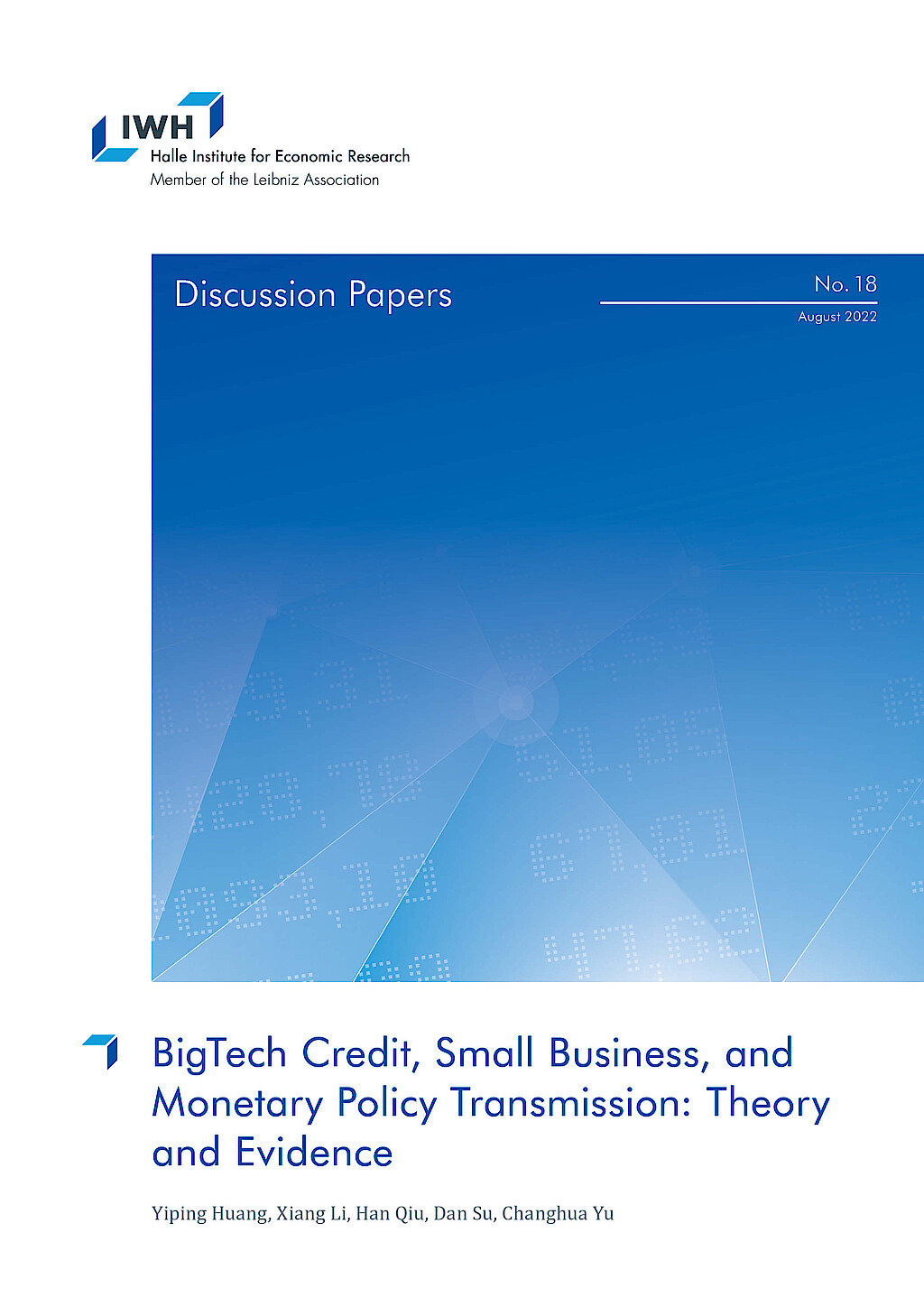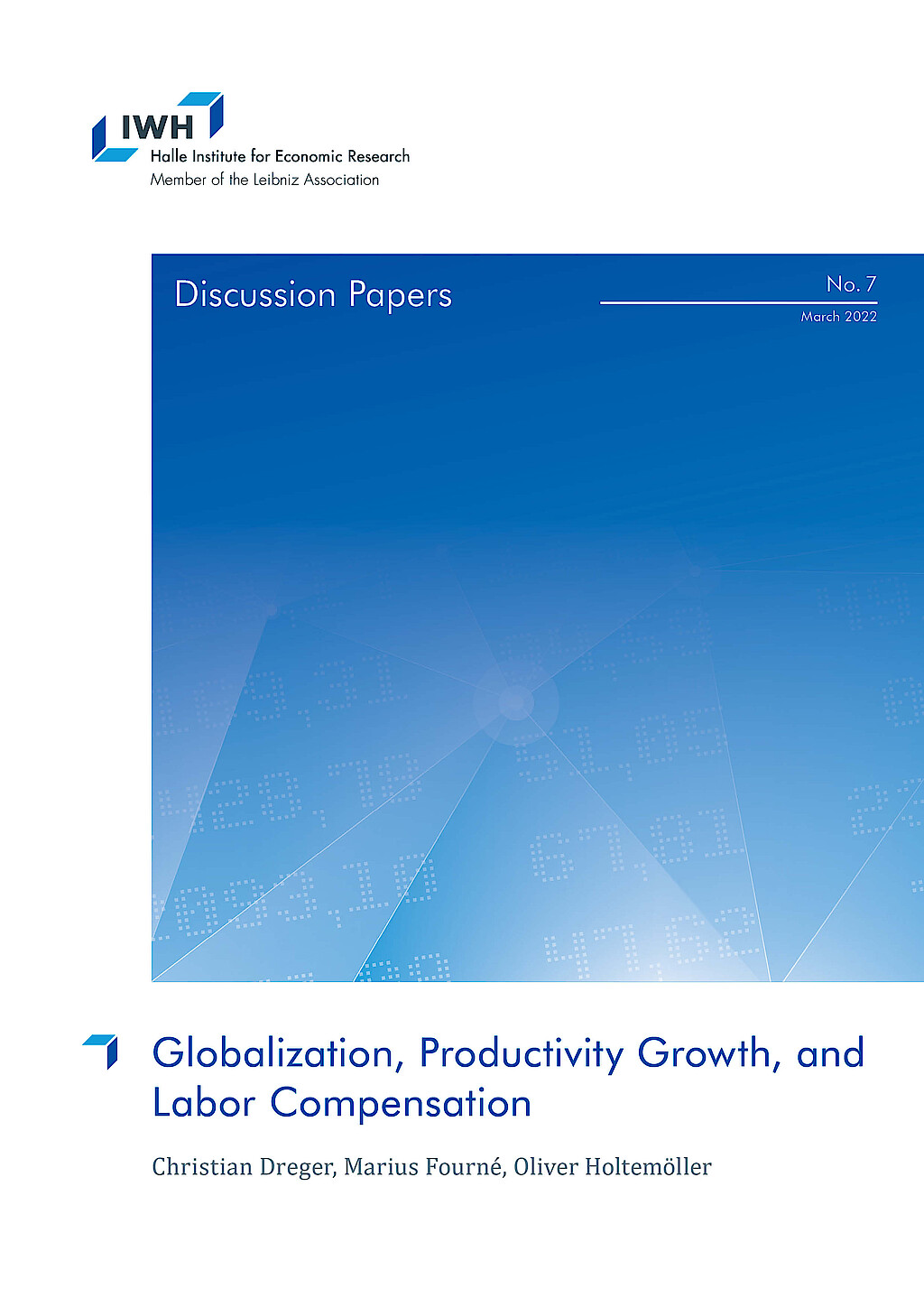Financial Integration, Economic Growth and Financial Stability
This research group investigates how international financial integration influences economic growth and financial stability. While theoretical models suggest that open capital markets lower financing costs and enhance risk-sharing, empirical outcomes often reveal more complex patterns. Many countries with liberalized capital accounts have not achieved faster growth, and recent crises have led to reversals in global capital flows.
The group addresses three central research questions: How does access to international capital shape firm productivity and sectoral development, particularly in capital-intensive industries? How do cross-border capital flows affect financial institutions in terms of risk-taking behavior, funding maturity, and systemic vulnerabilities? And how does the sequencing of capital account liberalization—such as opening to foreign direct investment before portfolio flows—impact financial resilience?
Research is based on detailed firm-level, bank-level, and cross-country macro-financial datasets. By integrating insights from international macroeconomics and financial development, the group contributes to a deeper understanding of the trade-offs and transmission channels involved in global capital mobility.
The findings aim to inform both academic discourse and the design of policy frameworks in a global context increasingly shaped by geopolitical uncertainty and shifting financial architectures.
Research Cluster
Productivity and InstitutionsYour contact

- Department Macroeconomics
Refereed Publications

What Does Peer-to-Peer Lending Evidence Say About the Risk-taking Channel of Monetary Policy?
in: Journal of Corporate Finance, 2021
Abstract
This paper uses loan application-level data from a peer-to-peer lending platform to study the risk-taking channel of monetary policy. By employing a direct ex-ante measure of risk-taking and estimating the simultaneous equations of loan approval and loan amount, we provide evidence of monetary policy's impact on a nonbank financial institution's risk-taking. We find that the search-for-yield is the main driving force of the risk-taking effect, while we do not observe consistent findings of risk-shifting from the liquidity change. Monetary policy easing is associated with a higher probability of granting loans to risky borrowers and greater riskiness of credit allocation. However, these changes do not necessarily relate to a larger loan amount on average.

From World Factory to World Investor: The New Way of China Integrating into the World
in: China Economic Journal, No. 2, 2017
Abstract
This paper argues that outward direct investment (ODI) is replacing international trade as the new way China integrates into the world. Based on two complementary datasets, we document the pattern of Chinese ODI. We argue that the rapid growth of China’s ODI is the result of strong economic development, increasing domestic constraints, and supportive government policies. Compared with trade integration, investment integration involves China more deeply in global business. As a new global investor, China’s ODI in the future is full of opportunities, risks, and challenges. The Chinese government should improve bureaucracy coordination and participate more in designing and maintaining international rules to protect ODI interests.
Working Papers

Global Banks’ Macroeconomic Expectations and Credit Supply
in: IWH Discussion Papers, No. 8, 2025
Abstract
<p>We investigate how global banks’ macroeconomic expectations for borrower countries influence their credit supply. Utilizing granular data on varying expectations among banks lending to the same firm at the same time, combined with an instrumental variable approach, we find that more optimistic GDP growth expectations for a borrower country are strongly linked to increased credit supply. Specifically, a one standard deviation increase in a lender’s GDP growth expectation for the borrower’s country corresponds to an increase of 8.46 percentage points in the loan share, equivalent to approximately 0.75 standard deviations of the loan share and $75.35 million in loan amount. In contrast, global banks’ short-term inflation expectations do not show a significant impact on their credit supply.</p>

Climate Policy and International Capital Reallocation
in: IWH Discussion Papers, No. 20, 2024
Abstract
<p>This study employs bilateral data on external assets to examine the impact of climate policies on the reallocation of international capital. We find that the stringency of climate policy in the destination country is significantly and positively associated with an increase in the allocation of portfolio equity and banking investment to that country. However, it does not show significant effects on the allocation of foreign direct investment and portfolio debt. Our findings are not driven by valuation effects, and we present evidence that suggests diversification, suasion, and uncertainty mitigation as possible underlying mechanisms.</p>

Global Political Ties and the Global Financial Cycle
in: IWH Discussion Papers, No. 23, 2023
Abstract
We study the implications of forging stronger political ties with the US on the sensitivities of stock returns around the world to a global common factor – the global financial cycle. Using voting patterns at the United Nations as a measure of political ties with the US along with various measures of the global financial cycle, we document evidence indicating that stronger political ties with the US amplify the sensitivities of stock returns in developing countries to the global financial cycle. We explore several channels and find that a deepening of financial linkages along with a reduction in information asymmetries and an amplification of sentiment are potentially important factors behind this result.

BigTech Credit, Small Business, and Monetary Policy Transmission: Theory and Evidence
in: IWH Discussion Papers, No. 18, 2022
Abstract
This paper provides both theoretical and empirical analyses of the differences between BigTech lenders and traditional banks in response to monetary policy changes. Our model integrates Knightian uncertainty into portfolio selection and posits that BigTech lenders possess a diminishing informational advantage with increasing firm size, resulting in reduced ambiguity when lending to smaller firms. The model suggests that the key distinction between BigTech lenders and traditional banks in response to shifts in funding costs, triggered by monetary policy changes, is more evident at the extensive margin rather than the intensive margin, particularly during periods of easing monetary policy. Using a micro-level dataset of small business loans from both types of lenders, we provide empirical support for our theoretical propositions. Our results show that BigTech lenders are more responsive in establishing new lending relationships in an easing monetary policy environment, while the differences in loan amounts are not statistically significant. We also discuss other loan terms and the implications of regulatory policies.

Globalization, Productivity Growth, and Labor Compensation
in: IWH Discussion Papers, No. 7, 2022
Abstract
We analyze how changes in international trade integration affect productivity and the functional income distribution. To account for endogeneity, we construct a leaveout measure for international trade integration for country-industry pairs using international input-output tables. Our findings corroborate on the country-industry level that international trade integration increases productivity. Moreover, we show that both trade in intermediate inputs and trade in value added is associated with lower labor shares in emerging markets. For advanced countries, we document a positive effect of trade in value added on the labor share of income. Further, we show that the effects on productivity and labor share are heterogeneous across different sectors. Finally, we discuss the implications of our results for a possible throwback in international trade integration due to experiences from recent crises.







